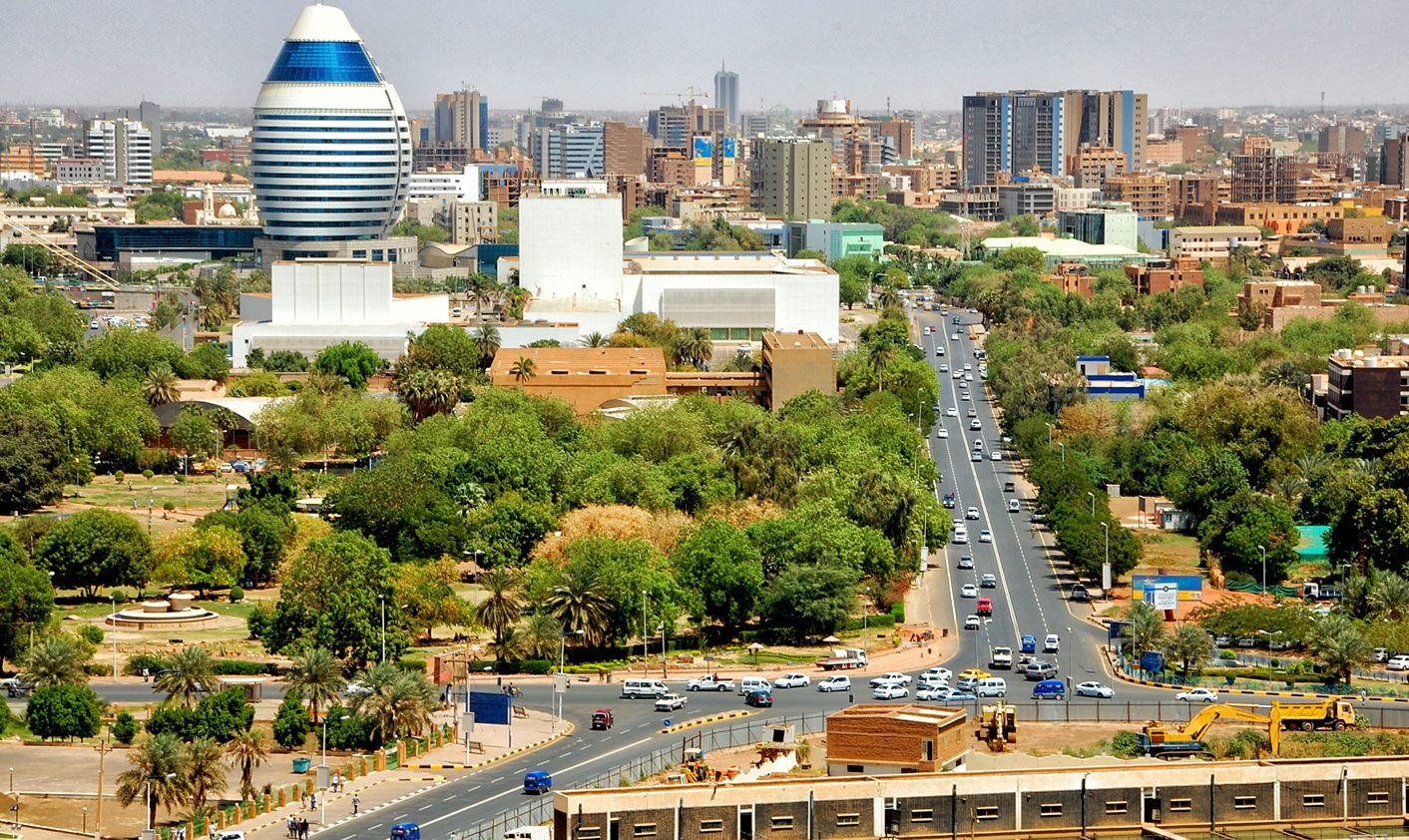Sudan, the third-largest country in Africa, shares borders with several countries such as Egypt, Eritrea, Ethiopia, South Sudan, and Chad. With a population of over 40 million people, Sudan is a diverse nation with various ethnic groups, languages, and cultures. The majority of Sudan's population practices Islam, specifically the Sunni sect.
The country has a diverse geography, including the Sahara, Sahel, Savannah, mountains and the Nile River, which flows from south to north through Sudan.
Sudan possesses abundant natural resources, including oil, gold, and uranium, which have attracted substantial foreign investment and played a crucial role in its economic growth. As of 2020, Sudan ranked as the fifth-largest holder of oil reserves, with over 1.5 billion barrels. Also, South Sudan has significantly depended on Sudan to transport its oil to the Red Sea coast.
As of 2021, the GDP of Sudan stood at approximately $40 billion. This is projected to grow by 2.0% in 2023 and 3.8% in 2024. Agriculture and mining are the significant drivers of growth. In the past decade, the Gulf States have shown much interest and invested in the agriculture sector of the Horn of Africa country.
With several pyramids of its own and several other tourist destinations in the Nile Valley of the country, tourism holds great potential in the country and for the economy. This is, however, difficult to realize when insecurity plagues the country. Also, the country’s proximity to the Arabian Peninsula gives it access to the diversifying economies in the region and beyond.
Security:
Sudan has been a hotbed for conflict and instability since gaining independence. This includes two lengthy civil wars between the north and south and a prolonged war in the western region of Darfur. These conflicts resulted in the deaths of over two million people and ultimately led to the creation of South Sudan as an independent nation in 2011. Additionally, it has experienced more than a dozen coups and attempted coups since gaining independence in 1958.
After the removal of President Omar al-Bashir in 2019, Sudan is currently facing another conflict due to the rivalry between Gen Abdel Fattah al-Burhan, the head of the armed forces and de facto president of the country, and his deputy, General Mohamed Hamdan Dagalo, who is also the leader of the RSF.
Khartoum, Darfur region, South Kordofan, and the Blue Nile continue to experience violent clashes. With the presence of Wagner and other forces in Libya backing Dagalo, the conflict threatens the entire region. Already, Chad and South Sudan are at the receiving end of refugee the exodus of refugees from Sudan.
With several peace efforts at a standstill and an aggressive recruitment campaign by both factions cessation of hostilities is likely to be elusive in the short to medium term.
Verdict:
While facing various challenges, including conflicts and economic difficulties. Its vast natural resources underscore its potential for growth and development. Sudan needs efficient management, strategic planning, and robust policies to ensure sustainable utilization of its natural resources. Also, a new conception of Sudan—one that fosters unity among the various ethnic groups should be developed. The creation of a national identity that blurs ethnic lines should be prioritized. Risk is significantly high.
image: Khartoum before the Civil War
